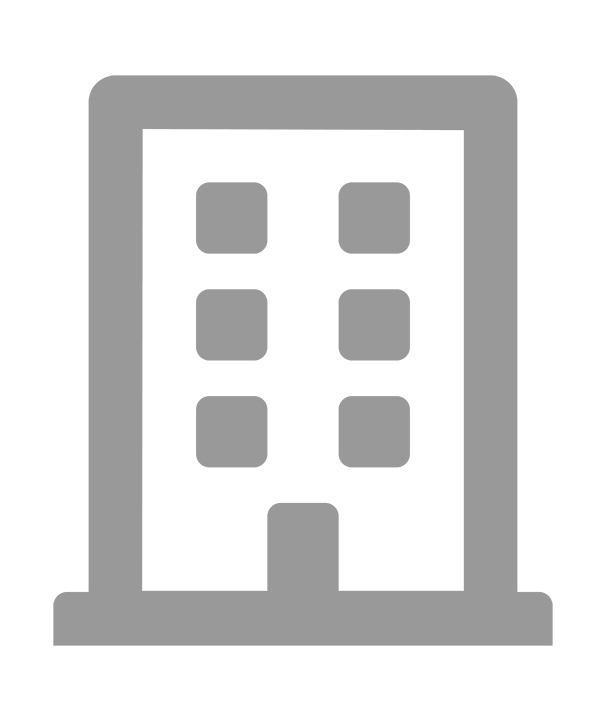
Kalinga Kusum
Joined November 2013
Kalinga Kusum Foundation (www.kalingakusum.org) started its operation in 2011 to address two of the most immediate challenges of the India – rural entrepreneurship and rural education. This stems from the strong conviction of the Founders that quality basic Education in the formative years (primary Education) is the single most critical investment for development. When coupled with livelihood enhancing skills & opportunities, the Foundation hopes, development will be fast-tracked and imminent.
Kalinga Kusum has recently started the ‘Access to Justice Initiative’, which aims at legally empowering the marginalised communities with a special focus on women and tribal (indigenous communities in India). Since independence, the marginalised population in all our operational areas ( a cluster of 8 districts, jointly known as KBK) have been deprived of social justice and social development. Our Programme focuses its efforts to increase the ability of vulnerable groups to seek remedies and of service providers to deliver justice in conformity with national and international human rights principles and standards. The programme will focus, on the one hand, on improving institutional capacities of key justice service providers to enable them to effectively serve the poor and disadvantaged; and on the other hand, on directly empowering the poor and disadvantaged men and women to seek and demand justice services.
Access to justice is now recognized as being essential to human development, for ensuring democratic governance, in reducing poverty and for the purpose of conflict prevention. India’s judicial and legal system has many strengths: excellent constitutional and legal safeguards for access to justice; well-established institutions; a relatively independent and activist judiciary, a vibrant NGO sector and an independent media. The country has progressive laws in many areas such as the recognition of historical injustices, importance of group rights, positive discrimination for marginalized groups, including for women, and right to information (RTI).
However, the system faces two main challenges: backlog leading to delays and limited access to justice. While an overloaded legal system negatively affects all persons, poor and marginalized groups are the worst affected. Also in many instances, poor and marginalised women and men are unable to seek the protection of the law or take advantage of rights or public services they are entitled to simply because they are unaware that they exist. In cases where they may be aware of the existence of the laws or rights, they may not be aware of how to use the law in order to claim or enforce their rights or entitlements.
Thus, Kalinga Kusum started this initiative due to the urgently felt need to improve access to justice for marginalized groups. It is leveraging media particularly community radio and television, and other tools for public legal information and education campaigns in the rural KBK districts. Further, it is providing legal aid and legal information in local vernacular and dialect and in forms that they are able to understand, digest and utilise. We are supporting and partnering with national, state and local justice institutions including the judiciary, NALSA, civil society organizations, professional bodies, academic institutions, and also with quasi-judicial bodies such as the human rights commissions, women commission, SC/ST commissions and minorities commissions, commissioner for persons with disabilities.
Some key goals and objectives of this Initiative are:
1) Support national and local justice delivery institutions to improve access to justice for women and men belonging to disadvantaged groups
2) Develop legal and representational capacity of CSOs and networks providing access to justice services to disadvantaged, and build alliances with them
3) Enhanced Legal Awareness of disadvantaged communities and their elected representatives and Capacity building for tribal, Dalits, women, etc. through legal aid camps. Shivirs, etc. on issues such as:
a. Gender related laws (Protection of Women from Domestic Violence Act, Child Marriage Restraint Act, Hindu Succession Act)
b. Crime against women, rape, dowry, trafficking, forced prostitution.
c. Right to Primary Education & Work
d. Right to earn a livelihood and seek equal wages for equal work
e. Other laws impacting on women’s rights viz. Equal Remuneration Act
f. Centrally sponsored Government Schemes such as NREGA
g. Other labour welfare and social security measures for women and people belonging to SCs, STs and minorities (Scheduled Caste and Scheduled tribes (Prevention of Atrocities) Act.)
4) Radio Advocacy: develop informational programs and radio contents on justice issues to broadcast through the community radio (Radio Kusum)
5) Strengthening of formal justice system though legal aid camps and sensitisation workshops/Training/conferences for the lawyers engaged with the legal aid system, Police & Judiciary
6) Publication & distribution of manuals on the use of RTI; organise RTI clinics
7) Fact finding and legal intervention in cases of HR violation
8) Developing a Legal Literacy Manual for the local community.
9) Leverage Information and Communications Technologies (ICT) to reach out to the target groups with simple tools such as Mobiles (SMS/MMS), Community radio, Voice streaming over internet, etc. for:
10) Advocacy campaign on human rights issues, forest laws, land rights, migration, HIV/ AIDS, women’s participation in PRIs, child labour; Govt programmes for Scheduled Tribes, Scheduled Castes and women etc. and Awareness on RTI
11) Training Dalit men and women community leaders & organising workshops and public hearing on issues of violence against Dalits
12) Free legal counselling and guidance to help people from marginalized communities in accessing justice on continued basis
